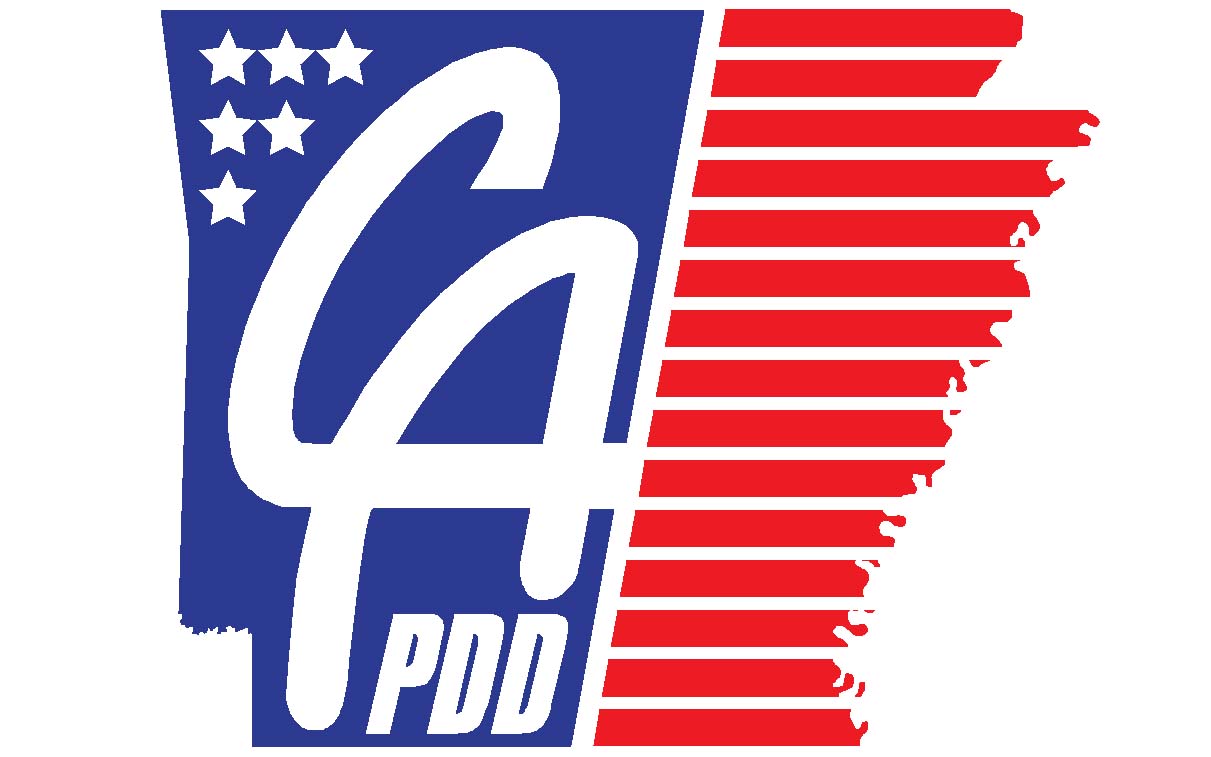Central Arkansas planning district seeks applications for nearly $1 million in CARES Act revolving loans
February 1-7, 2021
There is nearly $1 million in federal CARES Act funding still available in the six-county area across Central Arkansas for those small businesses still seeking to remain viable as the nation’s looks for a cure for the fast-spreading virus.
On Jan. 21, the Central Arkansas Planning and Development District (CAPDD) sent out a reminder to small businesses located across Pulaski, Saline, Faulkner, Lonoke, Monroe and Prairie counties to apply for the CARES Act Revolving Loan Fund (RLF).
In August, the EDA awarded the Lonoke-based planning district $910,000 as part of the CARES Act revolving loan fund. Trevor Villines, CAPDD’S regional disaster economic recovery coordinator, told The Daily Record that the planning district has only received a handful of applications for funding to date. If those funds are not expended, he said, “Through our CARES Act RLF program businesses may seek financial assistance to cover a variety of expenses including but not limited to working capital, lease payments, payroll shortage, existing real estate, equipment, building renovations and technology upgrades,” said Villines. “This is just one of the many services we have available to support business stability, recovery and ultimately resiliency in the wake of COVID-19.”
Under the $2.2 trillion Coronavirus Aid, Relief and Economic Security (CARES) Act signed by President Donald Trump on March 27, 2020, the federal Economic Development Administration (EDA) created a new economic recovery loan program designed to alleviate sudden and severe economic dislocation caused by the ongoing pandemic.
EDA, which is housed in the U.S. Department of Commerce, was appropriated $1.5 billion in May to provide funding through the revolving loan fund. Of that total, the CARES Act provided EDA $1.467 billion for grant making purpose, while the remaining funds will be transferred to cover salaries and expenses and oversight activities.
“EDA’s CARES Act Recovery Assistance is designed to provide a wide-range of financial assistance to communities and regions as they respond to and recover from the impacts of this pandemic,” said Dana Gartzke, the former assistant Secretary of Commerce for Economic Development. “We intend to deploy our CARES Act funding as quickly, effectively, and efficiently as possible, and in a manner that meets the needs of our communities.”
Under the EDA rules, the revolving loan fund is made available in the form of low interest loans for “profitable” who have been in business for at least two years. Among any things, the loan can be used to help the Central Arkansas business remain financially viable, expand operations, retain and expand employment, Villines said.
The maximum loan available is $100,000, with an interest rate of 3% and may be repaid up to 5 years. The loans proceeds cannot be used for similar purposes that an applicant may have received from other federal or CARES Act funding, such as the U.S. Small Business Administration’s Paycheck Protection Program (PPP) and Emergency Injury Disaster Loan (EIDL) funding initiatives.
Villines stressed that applicants may have already received a PPP or EIDL loan or other CARES Act funding, but those proceeds must have been paid off or forgiven to receive a RLF loan from the Arkansas planning district. Unlike other CARES Act programs where funds had to be appropriated by a pass-through agencies, nonprofits and government entities at the local, state and federal level before Dec. 30, CAPDD has until August 2022 to process RLF loans.
“Luckily, we were not at the mercy of whether they were going to approve (the extension) of the federal deadline,” Villines said. “We had plenty of money hanging over into 2021 that has not been loaned out yet.”
The CAPDD revolving loan also must go to small businesses that were well-established and viable in 2019. Villines said the intent was to make sure that this pool of CARES Act funding was not awarded to businesses that were already in “dire straits” ahead of the pandemic.
“Businesses that were in good, sound financial condition and then COVID-19 came along and messed everything up, those are the businesses that we are trying to help our here,” said the CAPDD program coordinator.
Through the U.S. Department of Commerce, the EDA oversees economic development districts across the U.S. that provide local governments and municipalities access to federal capital improvement funds. In Arkansas, CAPDD is one of eight planning districts that cover six to 12 counties bound together by common economic problems and opportunities.
The planning districts also provide many services and resources to local government across the state, including grant writing and administration for economic development projects in Arkansas. Villines said the RLF supplemental loan program aligns with CAPDD’s ongoing economic development strategy to enhance workforce development, improve regional infrastructure, expand rural access to healthcare, enhance public safety, increase affordable housing, bolster industrial development, progress regional transportation and heighten the regional image.
Villines encouraged potential applicants to visit CAPDD’s COVID-19 resource page at www.capdd.org/covid19 for additional financial resources as well as upcoming webinars and opportunities for technical assistance.




